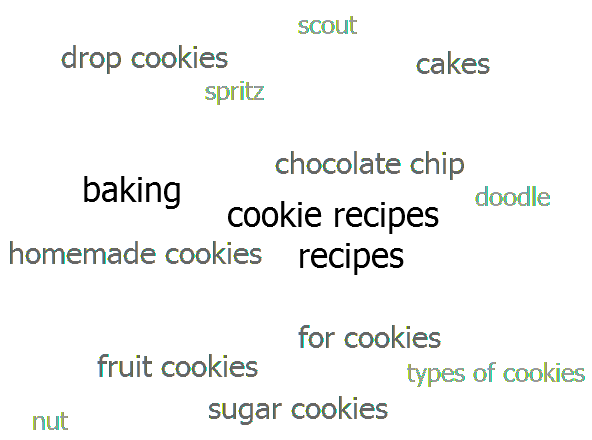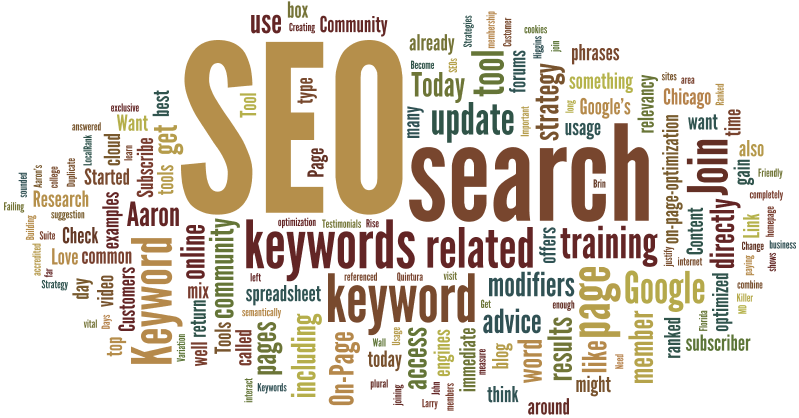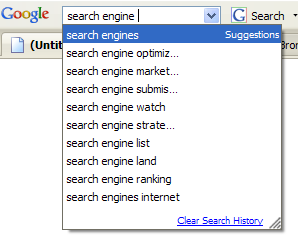On-Page SEO

A Ranking Dropkick From Google ... From #1 to #1,000 :(
In November of 2003 Google did a major update to their search relevancy algorithms, which was known in the SEO community as the Florida update. That update marked the day that SEO became hard. Prior to that point in time, on page optimization tips from many SEOs would have sounded something like this "use your keywords heavily everywhere." But that update changed how on-page-optimization works."Over Optimized" = Spammy
Keyword density is an ineffective measure of relevancy, so excessive repetition is not an effective SEO strategy. Many (formerly top ranked) pages and sites that use keywords too aggressively end up getting completely filtered out of the search results.Google's Matt Cutts described the type of pages that disappeared in this video
Mix Up Your Keyword Usage
Your on page SEO strategy should use semantically related phrases and mix up your keyword usage. If your page title is "Chicago Dentist & Dental Care : Business Name" then your on page heading tag should be something like "Your Friendly Dentists in Chicago".If you are already a subscriber, this spreadsheet in our member's area offers examples of how you might want to mix up your keyword usage
http://training.seobook.com/site-architecture-internal-linking

4 Ways to Include Variation in Your On-Page SEO Strategy
- Singular vs plural forms of a keyword
- Use synonyms
- Add in relevant keyword modifiers
- Change word order
Visualizing a Keyword Map
A cool tool called Quintura helps you visualize related phrases. For instance, if you search for cookies they might return a cloud likeso
If you visit their website you can type in some of your keywords and find out what keywords and keyword modifiers they think are related.
You can also put the content of a page in a tool called Wordle and it will return a word cloud.

Google also offers a similar word relationship tool, and Microsoft's Bing shows common related keywords directly in the upper left of their search results. In addition, most search engines offer a search suggestion feature (on their homepage, on search results, on search toolbars, and in the browser search box) which recommends popular related keywords directly in the search box.

Tomorrow, we cover how search engines like Google decide which site to show in the Number One position



0 comments:
thank you